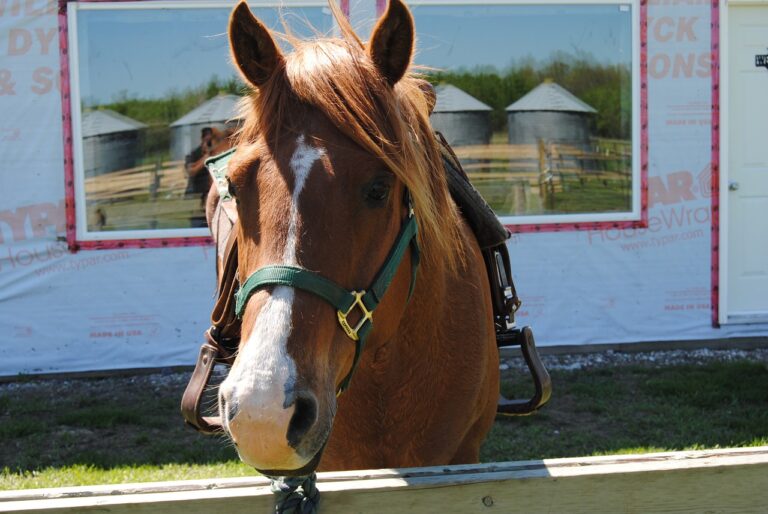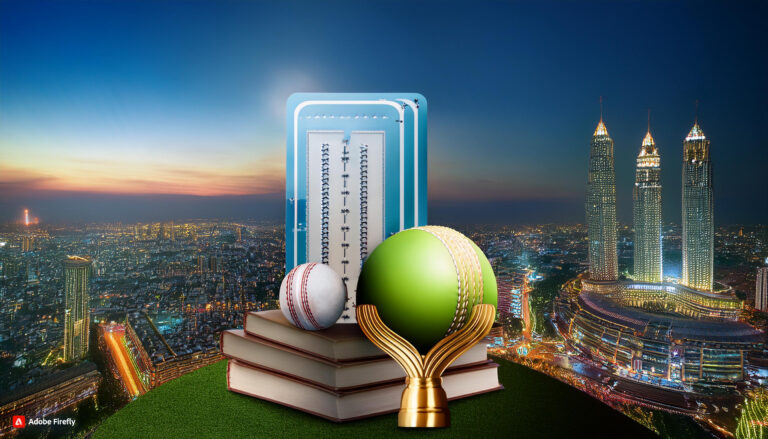The Role of Mediation in Resolving Cricket Disputes: Alternative Dispute Resolution: Betbhai, Cricket99 exchange, Diamondexch9.con
betbhai, cricket99 exchange, diamondexch9.con: Cricket is a sport loved by millions around the world, but like any competitive field, disputes can arise between players, teams, and governing bodies. When conflicts arise, it is essential to find a fair and efficient way to resolve them. This is where mediation comes into play.
What is Mediation?
Mediation is a form of alternative dispute resolution that involves a neutral third party helping those in conflict find a resolution. Unlike traditional legal proceedings, mediation is a voluntary process that allows the parties involved to have a say in the outcome. The mediator does not make decisions but instead helps facilitate communication and negotiation between the parties.
The Role of Mediation in Cricket Disputes
In the world of cricket, mediation can play a crucial role in resolving disputes between players, coaches, administrators, and other stakeholders. Whether the dispute is related to contract negotiations, selection issues, disciplinary actions, or any other matter, mediation provides a confidential and less adversarial way to reach a resolution.
Mediation can help preserve relationships between the parties involved, prevent costly and time-consuming legal battles, and allow for creative solutions that may not be possible in a courtroom. By working together with a trained mediator, cricket stakeholders can find common ground and move forward in a productive manner.
How Does Mediation Work in Cricket Disputes?
When a dispute arises in cricket, the involved parties can agree to participate in mediation. A mediator, who is often experienced in sports dispute resolution, will facilitate discussions between the parties to help them identify their interests and work towards a mutually acceptable solution. The mediation process is confidential, meaning that anything discussed during the sessions cannot be used against the parties in future legal proceedings.
FAQs
1. How long does the mediation process take?
The length of the mediation process can vary depending on the complexity of the dispute and the willingness of the parties to negotiate. Some disputes may be resolved in a single session, while others may require multiple meetings over a period of weeks or months.
2. Can the mediator force the parties to agree on a resolution?
No, the mediator’s role is to facilitate communication and negotiation, not to make decisions for the parties. The ultimate decision on a resolution rests with the parties themselves.
3. Is mediation legally binding?
Mediation itself is not legally binding, but if the parties reach a resolution during the process, they can choose to formalize it into a legally binding agreement.
In conclusion, mediation plays a vital role in resolving cricket disputes in a fair and efficient manner. By providing a confidential and collaborative environment for parties to discuss their issues, mediation can help preserve relationships and find creative solutions to complex problems. It is a valuable tool for the cricket community to use when conflicts arise, allowing them to move forward in a positive and constructive way.







